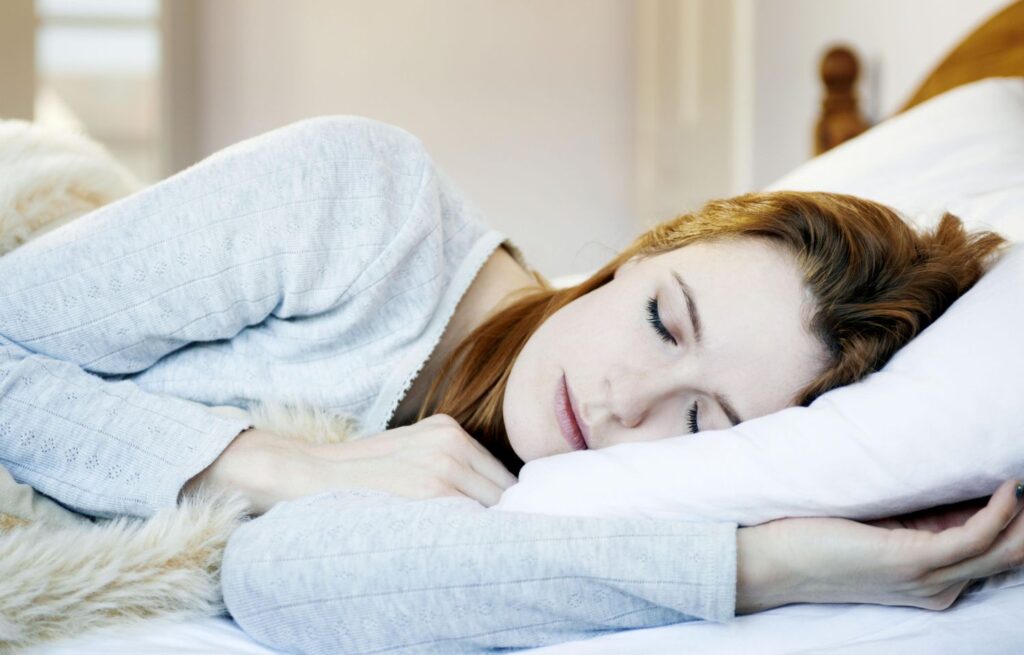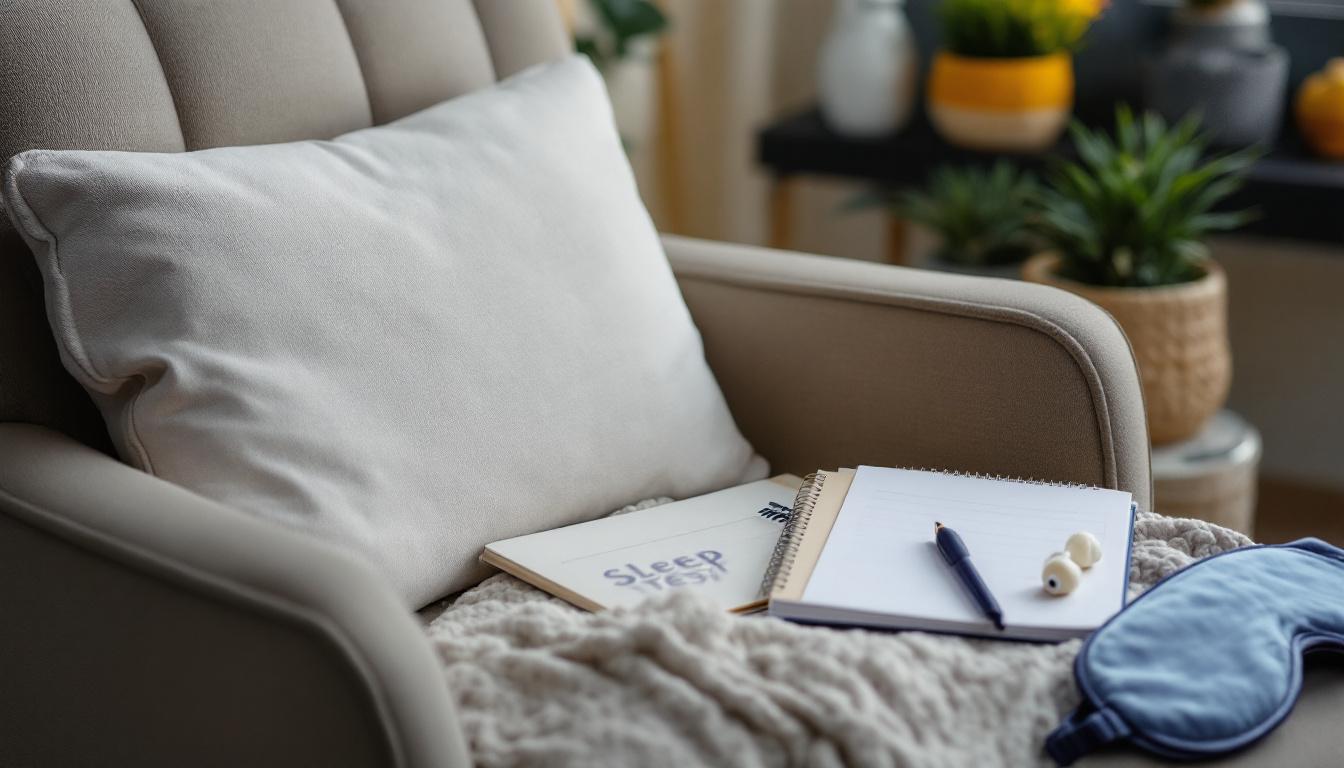Sleep is an essential component of overall health and well-being, yet many individuals struggle with sleep disorders that can disrupt their nightly rest. In Canberra, sleep testing is a valuable resource for diagnosing and treating these conditions. This article will guide you through what to expect during the sleep testing process, including the types of tests available, the procedure, and how to prepare for your appointment.
Understanding Sleep Disorders
Sleep disorders encompass a range of conditions that affect the quality, timing, and duration of sleep. Common disorders include insomnia, sleep apnoea, restless legs syndrome, and narcolepsy. These conditions can lead to a variety of symptoms, such as excessive daytime sleepiness, difficulty concentrating, and irritability.
Sleep testing Canberra is an essential step for individuals struggling with sleep disorders. By understanding the types of tests available, the process involved, and how to prepare, patients can approach their sleep study with confidence. With accurate diagnosis and effective treatment, it is possible to achieve better sleep and improved overall health. If you suspect you may have a sleep disorder, do not hesitate to consult a healthcare professional and take the first step towards a restful night’s sleep.
Recognising the signs of a sleep disorder is the first step towards seeking help. Individuals who experience persistent sleep issues should consult a healthcare professional for an assessment. In many cases, sleep testing is recommended to gain a clearer understanding of the underlying issues. Such assessments may involve overnight monitoring in a sleep clinic, where various physiological parameters are recorded, including brain waves, oxygen levels, heart rate, and breathing patterns. This comprehensive approach allows clinicians to diagnose specific disorders accurately and tailor treatment plans to individual needs.

Types of Sleep Disorders
Sleep disorders can be categorised into several types, each with unique characteristics:
- Insomnia: Difficulty falling or staying asleep, often leading to daytime fatigue.
- Sleep Apnoea: A serious condition characterised by pauses in breathing during sleep.
- Restless Legs Syndrome: An uncontrollable urge to move the legs, often accompanied by uncomfortable sensations.
In addition to these common disorders, there are also less frequently discussed conditions such as parasomnias, which include abnormal behaviours during sleep, such as sleepwalking or night terrors. These episodes can be distressing not only for the individual but also for those around them. Moreover, circadian rhythm disorders, which disrupt the body’s internal clock, can lead to significant challenges for those who work night shifts or frequently travel across time zones. Understanding these diverse conditions is crucial, as they can significantly impact overall health and well-being, often necessitating a multifaceted treatment approach that may include lifestyle changes, cognitive behavioural therapy, or medication.
Learn more on: Home Sleep Study Canberra: Comfort and Accuracy Combined
The Importance of Sleep Testing
Sleep testing is crucial for accurately diagnosing sleep disorders. It provides healthcare professionals with valuable data regarding sleep patterns, oxygen levels, and other physiological parameters during sleep. This information is essential for developing an effective treatment plan tailored to the individual’s needs.
In Canberra, sleep testing is typically conducted in specialised sleep centres or clinics, where trained professionals monitor patients overnight. The results of these tests can lead to significant improvements in sleep quality and overall health. These centres are equipped with advanced technology that tracks various metrics, such as brain activity, heart rate, and breathing patterns, allowing for a comprehensive analysis of the patient’s sleep architecture.
Moreover, the environment in which sleep testing occurs is designed to be as comfortable and natural as possible, helping to reduce any anxiety that may arise from the testing process. Patients are often encouraged to bring personal items, such as their own pillows or blankets, to create a familiar atmosphere. This attention to comfort can significantly enhance the accuracy of the results, as it allows patients to sleep more soundly during the test. Learn more about anxiety on https://ecommons.aku.edu/pjns/vol9/iss3/4/
Benefits of Sleep Testing
There are several key benefits to undergoing sleep testing:
- Accurate Diagnosis: Sleep tests provide objective data that can confirm or rule out specific sleep disorders.
- Personalised Treatment: Results help healthcare providers create tailored treatment plans based on individual needs.
- Improved Quality of Life: Effective treatment of sleep disorders can lead to better sleep, enhanced mood, and increased productivity.
In addition to these benefits, sleep testing can also uncover underlying health issues that may not be immediately apparent. For instance, conditions such as sleep apnea can have far-reaching effects on cardiovascular health, metabolism, and even mental well-being. By identifying these issues early through sleep testing, patients can take proactive steps towards improving their overall health and preventing more serious complications down the line. Furthermore, the insights gained from sleep studies can empower individuals to make lifestyle changes that promote better sleep hygiene, such as adjusting their sleep environment or establishing more consistent sleep routines.
Types of Sleep Tests
There are several types of sleep tests available, each designed to assess different aspects of sleep. The most common tests include:
Polysomnography (PSG)
Polysomnography is the most comprehensive sleep study and is typically conducted in a sleep laboratory. During this test, various physiological parameters are monitored, including brain activity, eye movements, heart rate, and breathing patterns. This data provides a detailed overview of the patient’s sleep cycles and any disruptions that may occur.
Home Sleep Apnoea Testing (HSAT)
For individuals suspected of having sleep apnoea, a home sleep apnoea test may be recommended. This test is less comprehensive than PSG but can still provide valuable information. Patients are given a portable device to wear at home, which measures breathing patterns, oxygen levels, and heart rate during sleep.
Actigraphy
Actigraphy involves wearing a wristwatch-like device that tracks movement patterns over a period of time, usually one to two weeks. This test is particularly useful for assessing sleep-wake cycles and can help identify patterns of insomnia or other sleep disturbances.
The Sleep Testing Process
Understanding the sleep testing process can help alleviate any concerns and ensure a smoother experience. Here’s what to expect from start to finish:
Initial Consultation
The journey begins with an initial consultation with a healthcare professional, typically a sleep specialist. During this appointment, the specialist will review your medical history, discuss your sleep patterns, and assess any symptoms you may be experiencing. This information is crucial for determining the most appropriate type of sleep test. To find more about symptoms click here.
Preparation for the Test
Once a sleep test is scheduled, patients may receive specific instructions on how to prepare. This may include:
- Avoiding caffeine and alcohol in the days leading up to the test.
- Maintaining a regular sleep schedule.
- Bringing comfortable sleepwear and personal items to the testing facility.
Conducting the Test
On the night of the test, patients arrive at the sleep centre, where they will be shown to a private room. The setup involves attaching sensors to various parts of the body, including the scalp, face, chest, and legs. These sensors are painless and designed to monitor different physiological functions throughout the night.
Once the sensors are in place, patients are encouraged to relax and prepare for sleep. Sleep technicians will monitor the test remotely, ensuring that everything runs smoothly throughout the night. The entire process typically lasts between six to eight hours.
After the Sleep Test
Following the sleep test, the collected data will be analysed by a sleep specialist. This analysis may take several days, after which a follow-up appointment will be scheduled to discuss the results.
Interpreting the Results
The results of the sleep test will provide insights into various aspects of the patient’s sleep, including:
- Sleep stages and cycles.
- Frequency and duration of apnoeas (if applicable).
- Overall sleep quality and efficiency.
Based on these findings, the sleep specialist will discuss potential diagnoses and treatment options. These may include lifestyle changes, the use of continuous positive airway pressure (CPAP) machines for sleep apnoea, or medication for insomnia.
Follow-Up Care
After receiving the results and treatment recommendations, follow-up appointments may be necessary to monitor progress and make any necessary adjustments to the treatment plan. Regular communication with healthcare providers is essential for achieving optimal outcomes.
Preparing for Your Sleep Test
Preparation is key to ensuring a successful sleep test experience. Here are some tips to help you prepare:

Maintain a Sleep Diary
Keeping a sleep diary in the weeks leading up to your test can provide valuable insights into your sleep patterns. Record details such as:
- Bedtime and wake-up time.
- Duration of sleep.
- Any nighttime awakenings or disturbances.
This information can help your healthcare provider better understand your sleep issues and tailor the testing process accordingly.
Communicate Openly
Be open and honest with your healthcare provider about your sleep habits, lifestyle, and any medications you are taking. This information is vital for accurate diagnosis and effective treatment planning.
Bring Comfort Items
On the night of the test, consider bringing items that help you feel comfortable and relaxed, such as a favourite pillow or blanket. Creating a familiar sleep environment can help improve the quality of the test.

